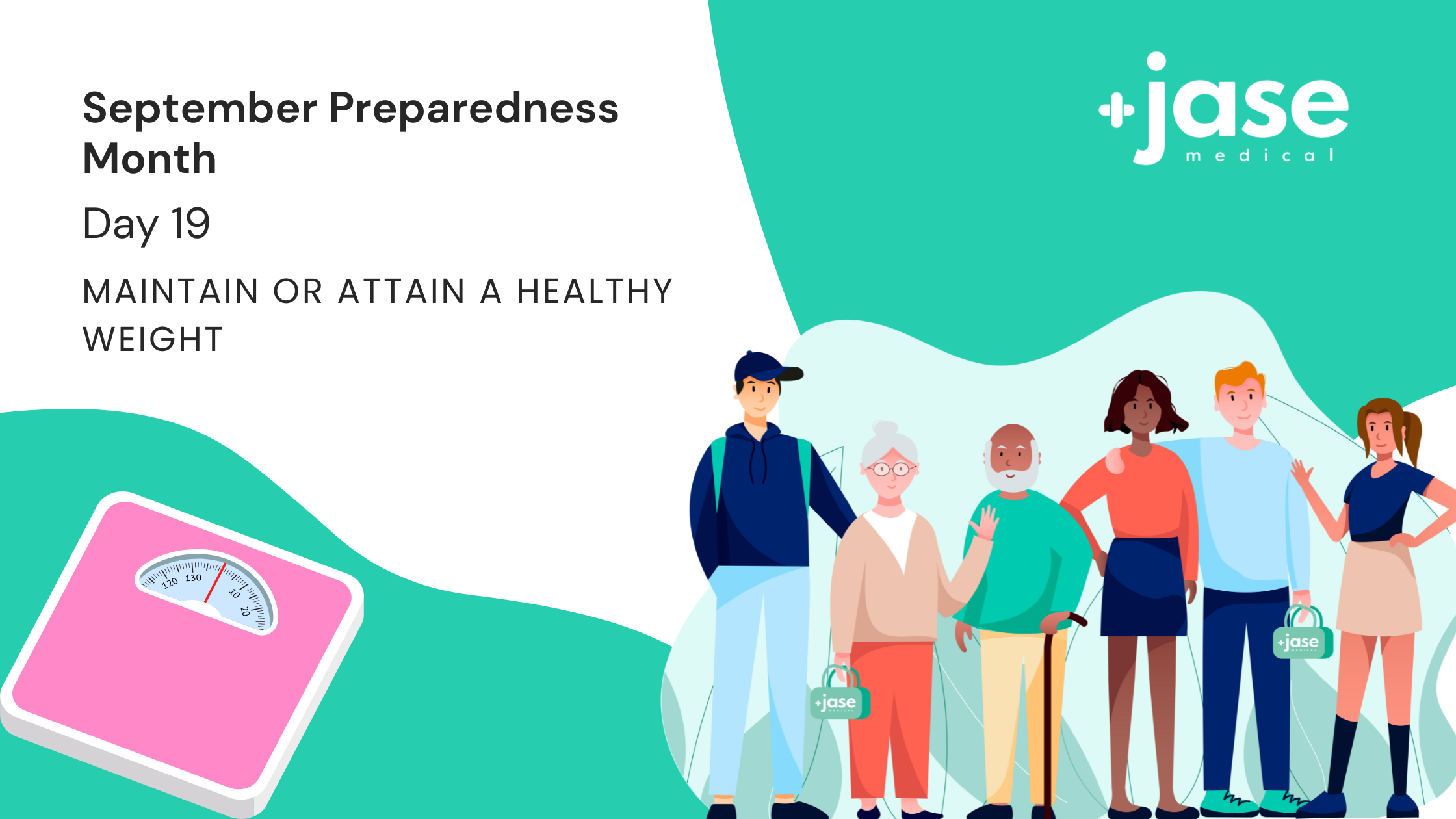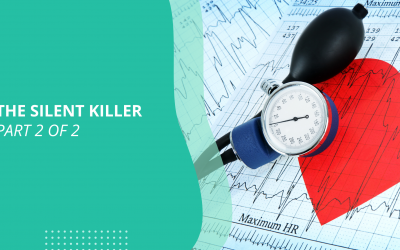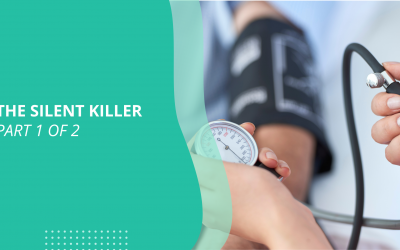Patient EducationOur mission is to help you be more medically prepared. Stay up-to-date on the latest news in health and preparedness.Categories
Maintain or Attain a Healthy Weight


When you maintain a healthy weight, your overall health and ability to care for the sick and injured is enhanced. Preparedness isn’t just first aid and readiness during adverse weather events and home safety.
According to the CDC:
- The US obesity prevalence was 41.9% in 2017 – March 2020. (NHANES, 2021)
- From 1999 –2000 through 2017 –March 2020, US obesity prevalence increased from 30.5% to 41.9%. During the same time, the prevalence of severe obesity increased from 4.7% to 9.2%. (NHANES, 2021)
- Obesity-related conditions include heart disease, stroke, type 2 diabetes and certain types of cancer. These are among the leading causes of preventable, premature death.
- The estimated annual medical cost of obesity in the United States was nearly $173 billion in 2019 dollars. Medical costs for adults who had obesity were $1,861 higher than medical costs for people with healthy weight.
It is my belief that post covid the above rate of obesity will reveal a much higher rate.
Diseases linked to obesity:
- Diabetes
- Fatty liver disease
- Sleep apnea
- Premature death
- Certain types of cancer (breast, colon, prostate, and esophageal cancers)
Obesity, and even being overweight puts a severe strain on the body. Plantar fasciitis, excess wear on hip and knee joints, low back pain and even sleep apnea can be a result of excess adipose tissue.
A vicious cycle can set up in the body, where the hormones ghrelin and leptin are out of balance.
At least that is what happens in an ideal world.
Ghrelin is called the hunger hormone and is secreted by the stomach when the stomach is empty. It regulates:
- Blood glucose levels through reduced insulin secretion and regulates the synthesis and breakdown of glucose and glycogen.
- It reduces heat production to conserve energy.
- It reduces sympathetic activity.
- It plays a role in regulating bone growth
- It is also highly expressed in metastatic cancer cells
Leptin is called an appetite suppressant hormone and is secreted by adipose tissue and balances the ghrelin hunger hormone. Leptin regulates:
- Satiety
- Metabolism- energy regulation
- Immune function
- Stable mood
- Mental sharpness
Leptin deficiency can lead to:
- Recurrent bacterial infections
- Severe obesity
- A condition called leptin resistance
What is leptin resistance?
During a normal feedback loop:
High levels of leptin signal your body that there are adequate stores of fat so you eat less and burn more fat. When leptin levels are low, this signals your body (brain)that you need to eat more and hold on to fat reserves in the body.
Leptin resistance happens when leptin which is stored in fat cells isn’t acknowledged by the brain. This results in increased appetite and slower metabolism.
There are many reasons believed for leptin resistance. Genetics, poor sleep habits, processed food, insulin resistance and lack of exercise are believed to contribute to this.
There are no easy solutions.
Anyone who has struggled with weight has already heard the following-
- Eat more vegetables,
- Increase activity
- Avoid processed foods
- Stabilize blood sugar
- Etc. etc. etc.
However. There is much more physiology and psychology involved to this than previously thought. If it was that easy, we would all be able to easily lose weight. Emotional eating, when bored, snacking between meals and lack of meal planning can contribute to weight gain.
Solutions
Check with your primary care provider before initiating any lifestyle changes
- Brooke Lounsbury
Medical Content Writer
Lifesaving Medications
Recent Posts
Keeping you informed and safe.
Blog
The Silent Killer (Part 2)
(Part 2) Part 2 will discuss: Physiology of blood pressure regulation, Medications to help control hypertension Blood pressure regulation is a complex process involving a series of body systems, hormones and input from the nervous system all working together to...
The Silent Killer
Part 1 High blood pressure (HBP) has been called the silent killer and with good reason. It is estimated that at least 20 percent of the population with high blood pressure have no symptoms. In part 1 we will discuss: Symptoms of hypertension Health risks of...


